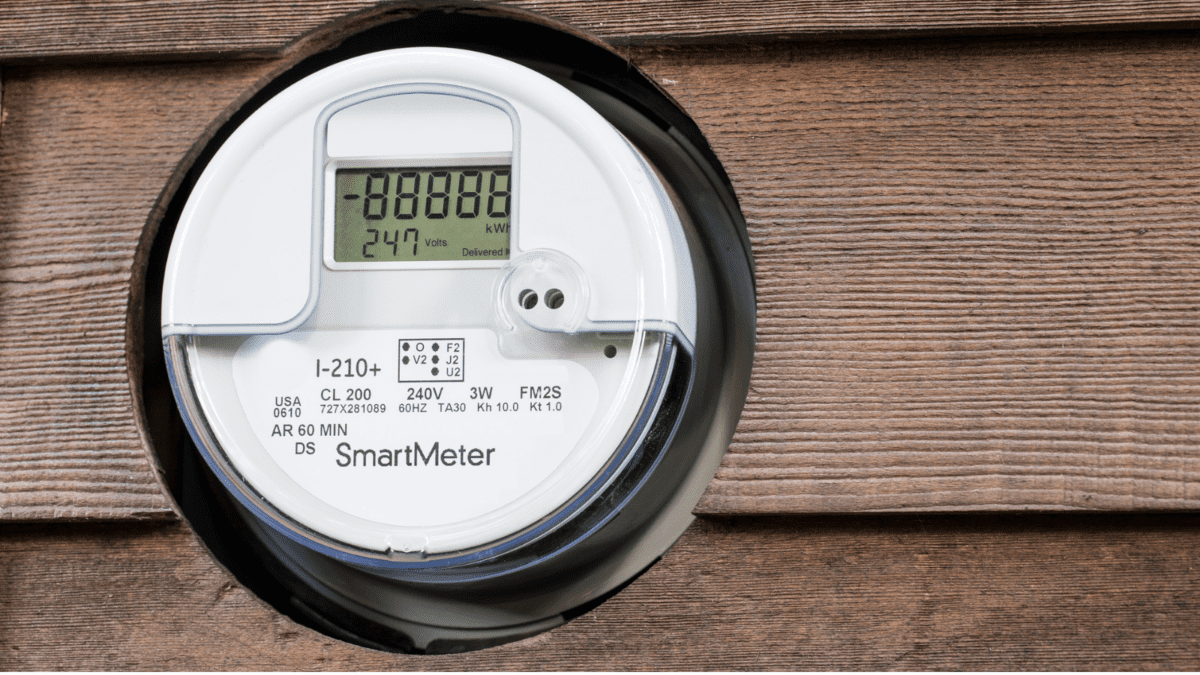Battered growth stocks and fund managers paying sky-high dividends
The recent earnings season triggered a market rotation out of high-flying growth stocks such as Zip Co (ASX:Z1P) and Kogan (ASX:KGN), back into cyclical energy/commodity stocks such as Woodside Petroleum (ASX:WPL) and Iluka (ASX:ILU).
Many of these Covid-winners, stocks that did exceptionally well during Covid, had an extremely poor time adjusting back to pre-Covid levels once the pandemic was over. Market darlings that were trading on sky-high P/Es in 2020 crashed back to earth once the market realised that the earnings bonanza was over. Growth simply failed to meet analysts’ and investors’ expectations and the market darlings soon became the dogs of 2021.
What was interesting, however, is that many of the epic share price falls such as Magellan Financial Group (ASX:MFG) which is down almost 70% year to date, is paying a whopping 13.7% yield, or Platinum Asset Management (ASX:PTM) is paying an 11.9% dividend yield and its shares are down 61.7%.
Magellan is an investment manager that has funds under management (FUM) of $100.9 billion as of 31 December. With a 1H NPAT of $251.6 million, up 24% year-on-year, the company can easily meet its dividend payments to shareholders. Its share price is the cheapest it’s been in a long time. Magellan is trading at a bargain price.
The average dividend yield across the Australian stock market is currently 4.1%, or twice the world average. But as you can see below, some big-name blue chips are paying 15% or more. It does set off alarm bells but upon closer inspection, the market seems to be painting a far worse picture than is justified.
As we have seen with Magellan, the company posted a better-than-expected 1H earnings result and declared a massive dividend. The market seems to think that Magellan will continue to suffer heavy outflows and won’t be able to keep funding its dividends. While its FUM is at $113.3bn, it was the outflows over the September Q last year of $1.53bn that had rattled markets.
With the stock down almost 70%, the sell-off appears to be well overdone.










